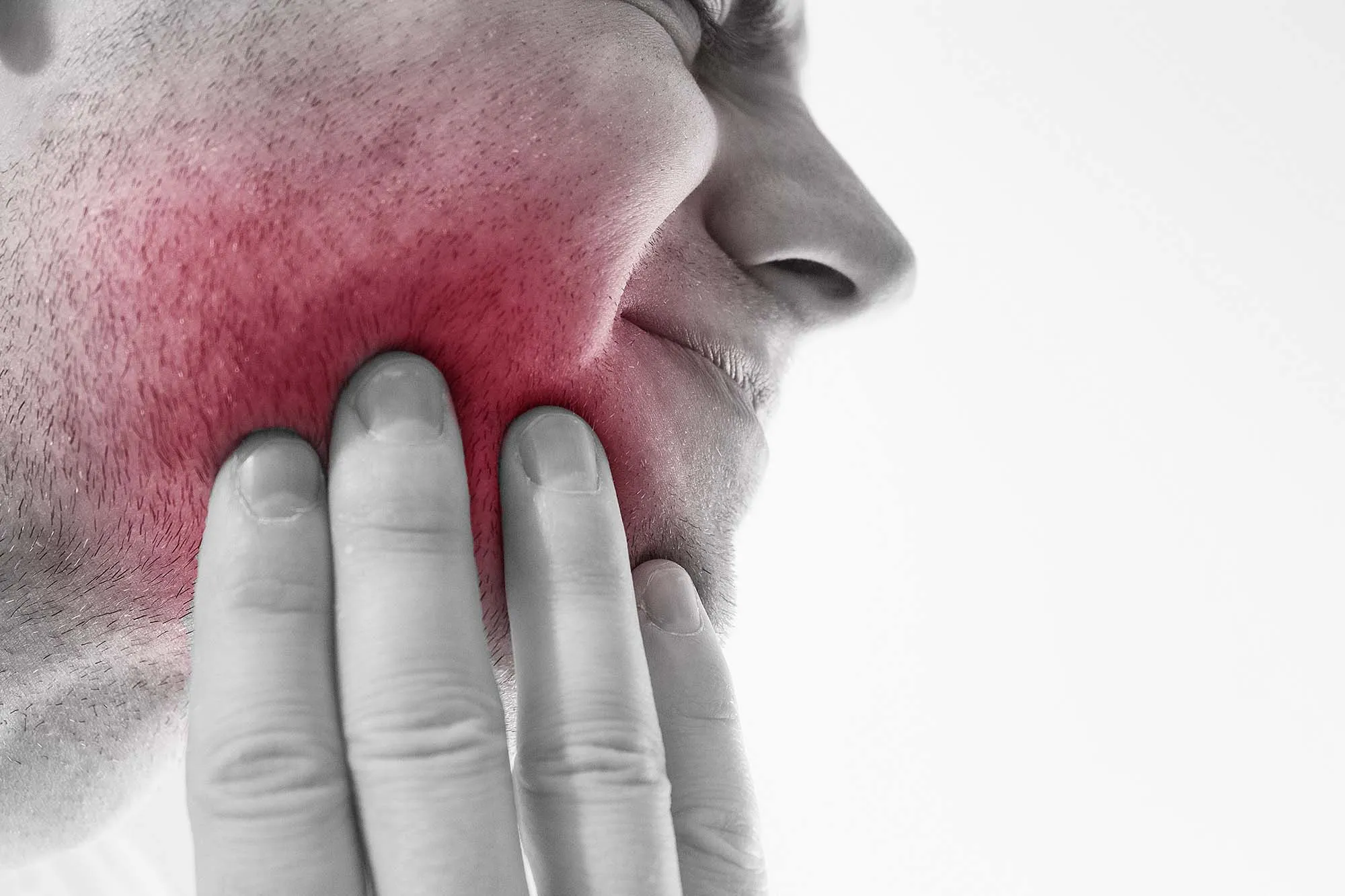While you may be doing your best to protect your oral health with daily brushing and flossing, a dental emergency can happen to anyone. In fact, over one million people visit an emergency room every year for help with tooth and gum problems.
The team of emergency dentistry specialists at SEDA Dental provides expert care for oral conditions including infections, chipped or broken teeth, and tooth loss. Should one of these issues occur outside of normal business hours, our staffs in Jupiter, Boynton Beach, Delray Beach, Boca Raton, Pompano Beach, Pinecrest, and North Miami Beach, Florida, can help.
It’s natural to feel panicked when an injury or infection affects your mouth. Use this informative guide to understand what constitutes a dental emergency and how to deal with these types of situations.

What is a dental emergency?
While many types of dental issues can cause tooth damage or disease, a dental emergency is an injury or infection that results in a loose tooth, bleeding, or severe pain. Some dental emergencies can affect your ability to eat or speak.
Here is how to handle some of the most common dental emergencies:
Bleeding with soft tissue injuries
When cuts and bites affect soft tissue like your lips, tongue, or gums, bleeding can result. Unfortunately, when blood mixes with your saliva, it can be hard to determine how much bleeding is present.
It’s important to clean the area and attempt to stop the bleeding so you can see the true nature of the injury. Deep soft tissue injuries may require stitches or other treatments to promote healing and prevent infection.
To clean the wound, rinse with saltwater, then attempt to control the bleeding by applying gauze or an unused tea bag to the injury for 20 minutes. Holding a cold pack or compress to your cheek for 10 minutes can also reduce bleeding and pain.
If bleeding doesn’t stop after 20 minutes of pressure, contact the closest location of SEDA Dental. If that isn’t possible, visit the emergency room. Continue to apply pressure to the injury while you wait for treatment.
Chipped, cracked, or broken tooth
A chipped, cracked, or broken tooth can result from many types of dental trauma. Sports mishaps, auto accidents, or even biting down on a hard piece of candy can physically damage a tooth. When dental trauma exposes the tooth pulp or root, pain and the risk of infection can occur.
Getting immediate treatment is critical. An untreated infection can cause tooth loss and potentially affect other parts of your body if it spreads through your bloodstream.
If you can locate the chipped or broken piece of a damaged tooth, it’s important to preserve it. Wash the fragment in water and preserve it in a container of cold milk until you reach a SEDA dental office.
Knocked-out or loose tooth
Intense oral trauma can knock out or loosen a tooth. Without immediate care, you risk losing your tooth because of damage to the root or tooth socket.
A knocked-out tooth that’s reimplanted within 30 minutes to an hour has a good chance of survival. You can give a knocked-out permanent tooth the best chance of being saved if you follow these steps:
-
- Recover the lost tooth
-
- Wrap your hand in a cloth or handkerchief to avoid touching the tooth
-
- Rinse the tooth with water to remove blood, dirt, or other debris
-
- Don’t clean the tooth with toothpaste or other products
-
- Put your tooth into the socket and hold it there where your saliva can protect it
-
- Call your nearest SEDA office immediately
If bleeding or pain prevents you from placing your tooth in the socket, hold it between your cheek and gum. If that’s not possible, store the lost tooth in a container of milk while you transport it.
Toothaches and abscesses
An infection in your tooth or gums can cause a toothache or abscess. An abscess is a collection of pus that develops at the site of an infection.
Infections require immediate assessment and treatment. When an abscess drains, it may relieve pain, but it can allow the infection to spread to other parts of your mouth or through your body, causing a condition called sepsis.
To remove any food particles that may be causing pain, rinse your mouth with warm water and gently floss. Try over-the-counter pain medications for relief. If the discomfort persists or swelling occurs, call the nearest SEDA Dental office for an exam.
Missing or damaged dental work
While crowns and fillings can last a lifetime, they can sometimes become damaged from wear-and-tear or trauma. Avoid swallowing any dental work, which can obstruct breathing, and bring it to your appointment.
Apply a small amount of toothpaste or denture cream to temporarily keep the crown in place and protect your damaged tooth. Avoid chewing on the affected tooth to prevent further damage.
Dental emergencies can threaten your oral health and well-being. If you experience a dental emergency, call or send us a message to schedule a consultation at one of our seven South Florida offices.


